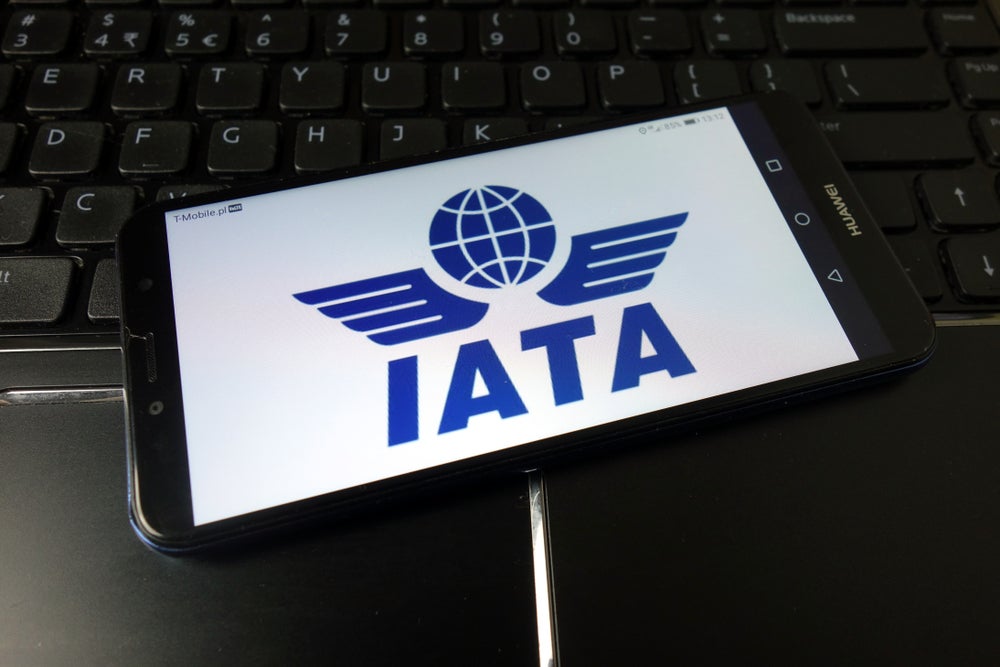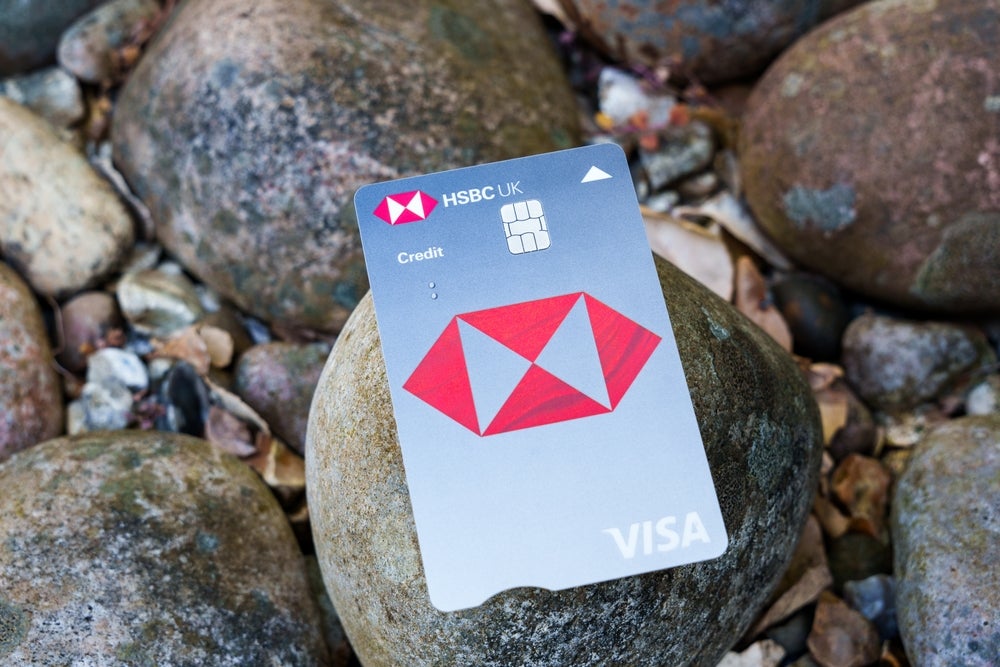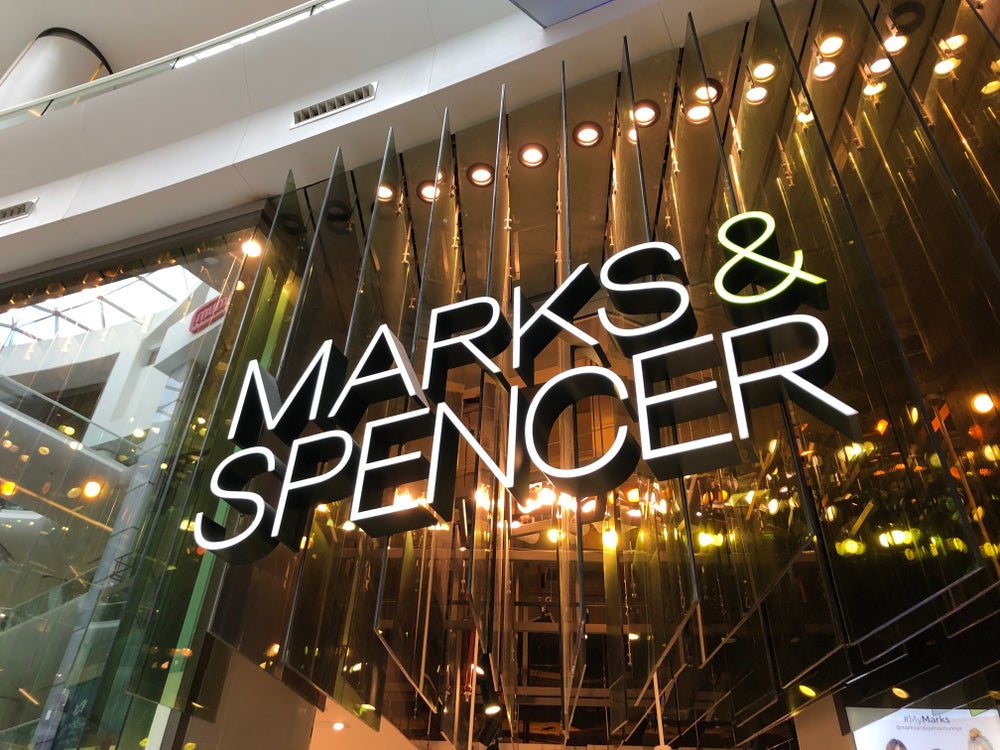for the first half of 2008 despite big write-downs in its US
business. The bank’s CEO Michael Geoghegan told CI that the US is
crucial to its global cards business – and has launched plans to
standardise the unit across the globe. William
Cain reports.
HSBC has restated its commitment to Household, its US consumer
finance and cards business, despite a $6.8 billion loan impairment
write-down and growing calls to sell off the business.
The bank, which announced first half group profits were down 28
percent on the same period last year to $10.25 million, has been
heavily criticised for its involvement in the US consumer finance
market.
While the group-wide results were seen as robust and saw the bank
outperform most of its UK and global banking peers, the HSBC
Finance business – formerly Household International – which lends
mostly to low-income, non-prime borrowers in credit cards as well
as mortgages, was badly hit by the deteriorating US economy and
declining credit quality.
HSBC paid $14.2 billion for Household in 2003, then the
second-largest consumer finance business in the US behind Citi. It
was integrated into HSBC Finance and offers Orchard bank-branded
cards, aimed at consumers with chequered credit histories, as well
as affiliation programmes like the GM Card, a partnership with
General Motors which helps cardholders gain points towards the
lease of purchase a vehicle, and the AFL-CIO Union Plus card, which
provides benefits to members of labour unions. It is also a
provider of third-party private-label credit cards and store cards
through 56 merchant partnerships.
Credit cards a key component
How well do you really know your competitors?
Access the most comprehensive Company Profiles on the market, powered by GlobalData. Save hours of research. Gain competitive edge.

Thank you!
Your download email will arrive shortly
Not ready to buy yet? Download a free sample
We are confident about the unique quality of our Company Profiles. However, we want you to make the most beneficial decision for your business, so we offer a free sample that you can download by submitting the below form
By GlobalDataThe credit cards business was singled out by HSBC chairman Stephen
Green as a key part of the bank’s franchise because of the
opportunity he sees in its ability to generate global scale for the
business. But the results were far from pretty in the first half of
2008 in the US.
The bank took a $527 million impairment charge in the goodwill in
its North American personal financial services division, which
includes a cards business with around 60 million issued
cards.
The US division of personal financial services made a loss of $2.2
billion, with loan impairment charges and other credit risk
provisions rising 85 percent from the first half of 2007 to $6.8
billion, but declining 15 percent compared with the second half of
2007.
Globally, the bank’s personal financial services division profit
was down 32.5 percent to $2.31 billion.
In its cards business, the bank reported increased market share in
Mexico, which previously stood at 10 percent. Cards also
contributed $3.1 billion to the bank’s net fee income of $10.99
billion, almost unchanged on the same period in 2007. The bank had
a total of 120 million cards in issue at the end of 2007, 26
percent of which were in emerging markets.
The bank is looking to exploit that enviable scale and strengthen
the profitability of its cards business through the continued
implementation of its ‘One HSBC’ programme, which CEO Michael
Geoghegan brought up in his results presentation.
He said it would aim to develop “synergies that can be achieved by
commonality of technology and process”, particularly aimed at
reducing costs in developed markets.
One HSBC will attempt to use global systems wherever possible, and
Geoghegan said one of the areas of focus would be cards, as well as
call centre and collections businesses.
He said 75 percent of HSBC’s cards network was already hooked up to
the system, and the bank is working on having India and Indonesia
added to it by the end of 2008.
Benefits of scale and volume
Geoghegan, after the press conference, told CI: “It’s part of
joining up the company and systems on a global basis. It’s so you
get the volume benefit and is a subset of joining up the company.
We monitor the unit costs of production across the world.
“Hong Kong is the best, the US is next, so we try and get the best
from Hong Kong and we make sure we get the throughput through the
system and that drives down the unit costs. This re-engineering
within the company is just at the foothills, but it’s very clear
what we’re doing.”
The bank has contracted its consumer lending business in the US
slightly, reducing its number of sales offices in the business from
1,000 to 900.
That compares to a figure of 1,400 when HSBC took over Household in
2003, although the branches are smaller and more easily opened and
closed than full service retail bank branches – they typically
employ between four and eight people. But Green said the cards
business remained central to HSBC’s strategy.
He said: “What I think about Household is, take the credit cards
business – I have no compunction in seeing that a bank like us that
is in personal financial services around the world needs a credible
credit card capability.
“Credit cards by their nature are products which you have to
deliver in industrial strength – you need them to have scale to be
economic.”
He added: “The US consumer finance business is not going to
disappear – 40 percent of the US market needs and uses consumer
finance services, and over time that will not go away.”







